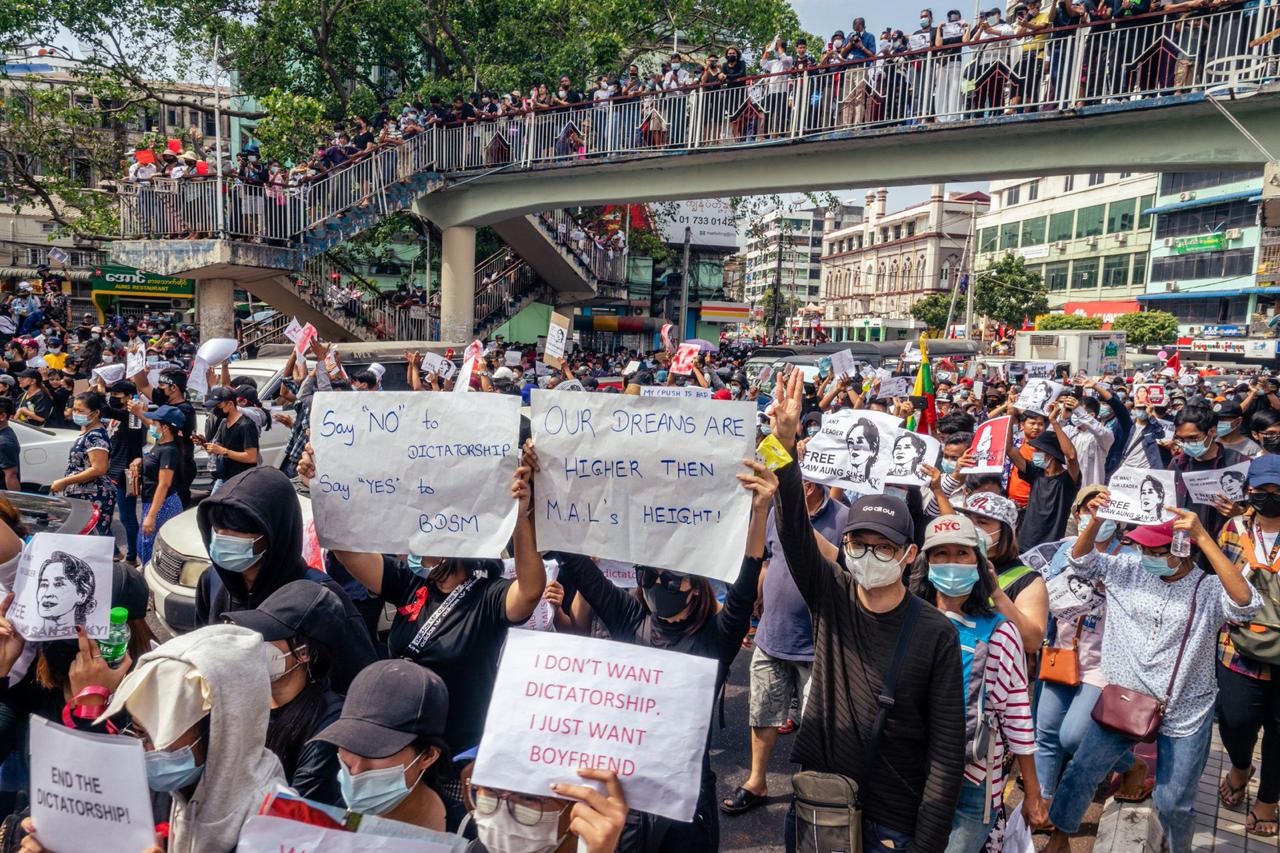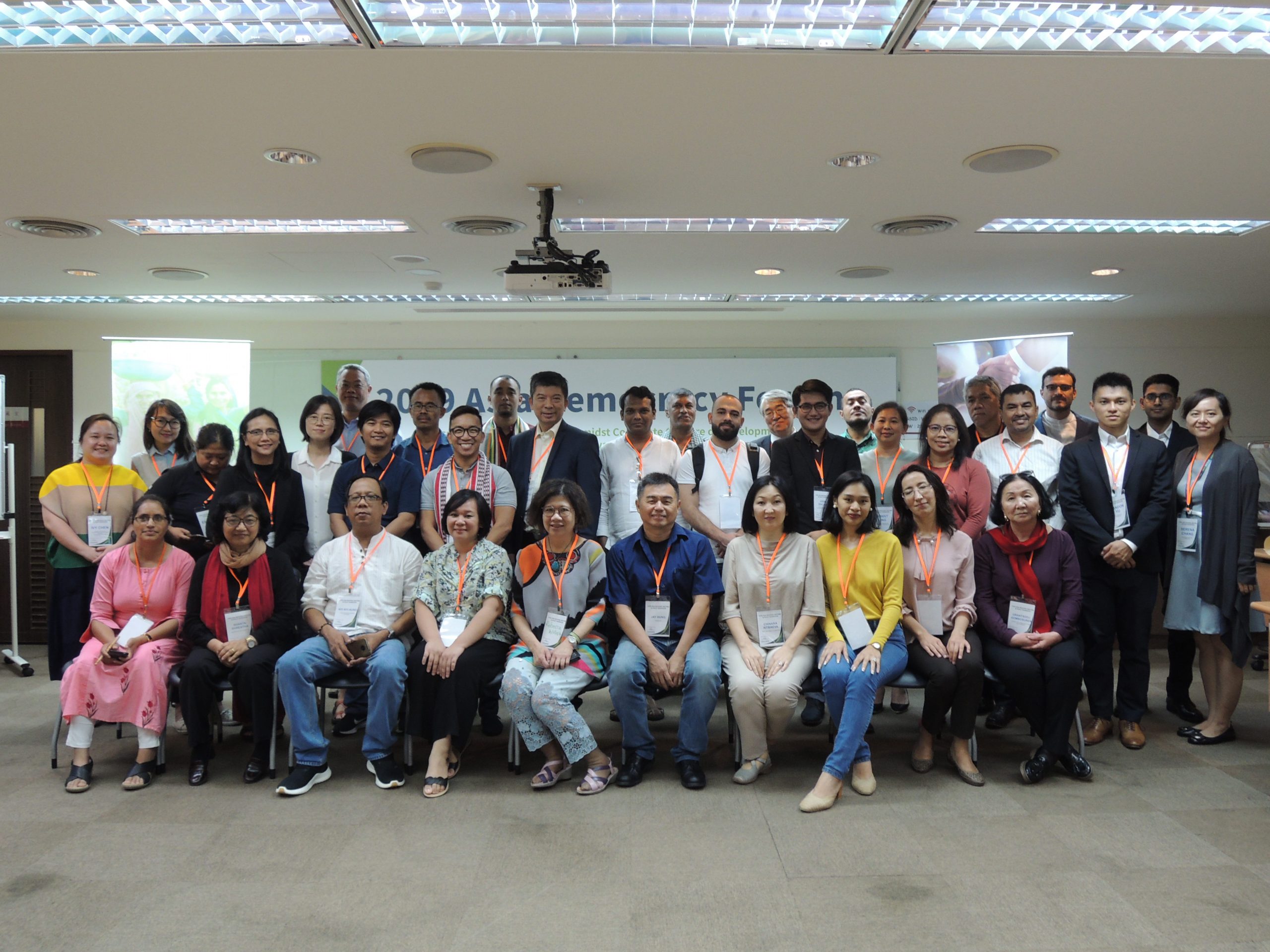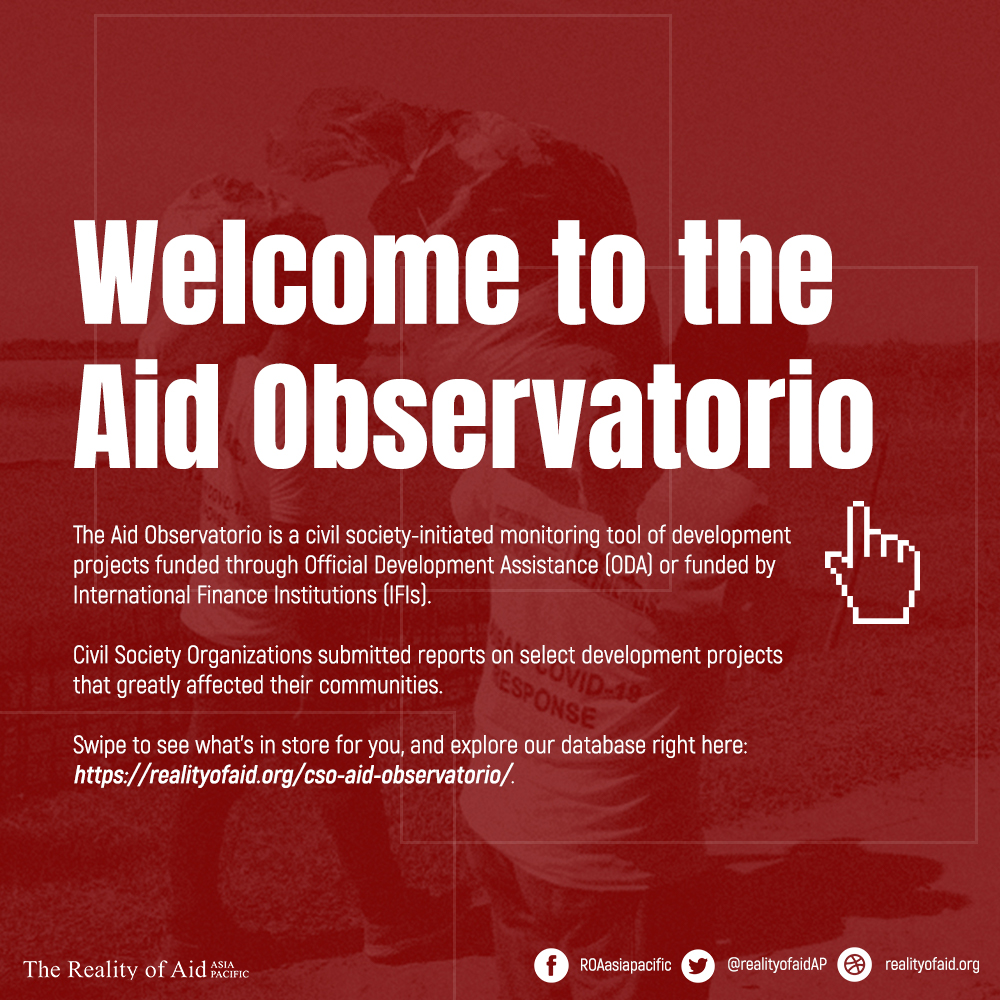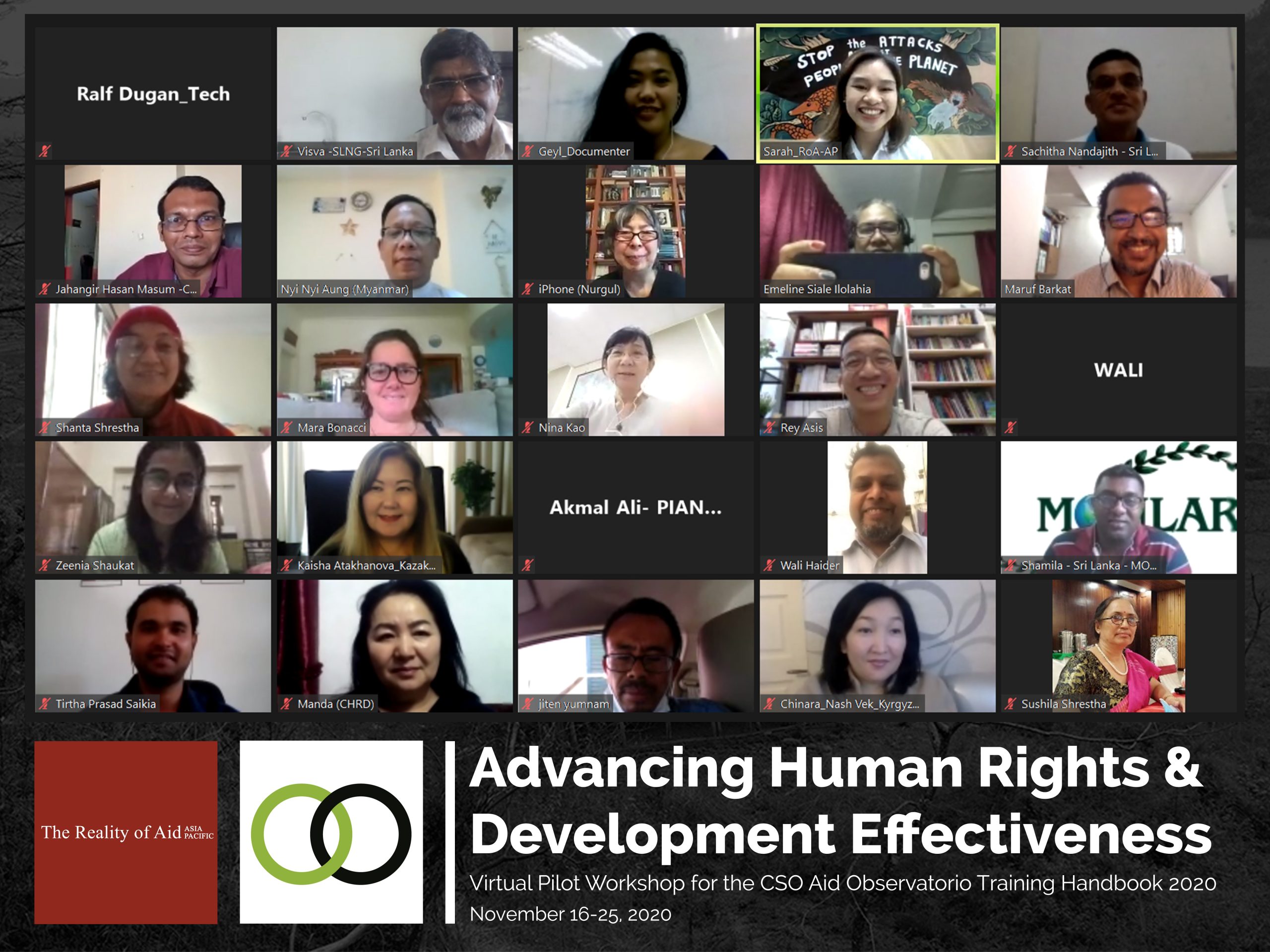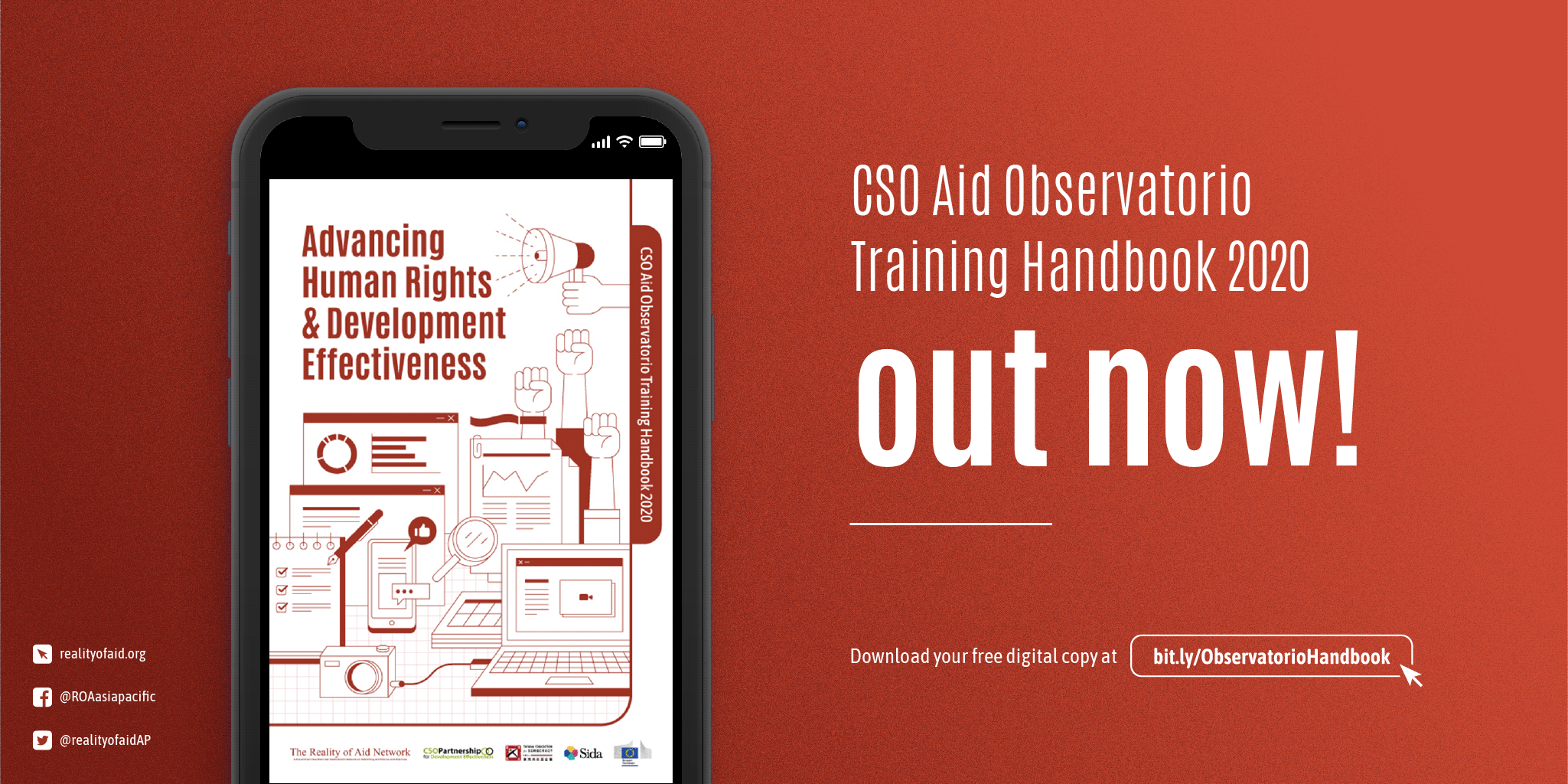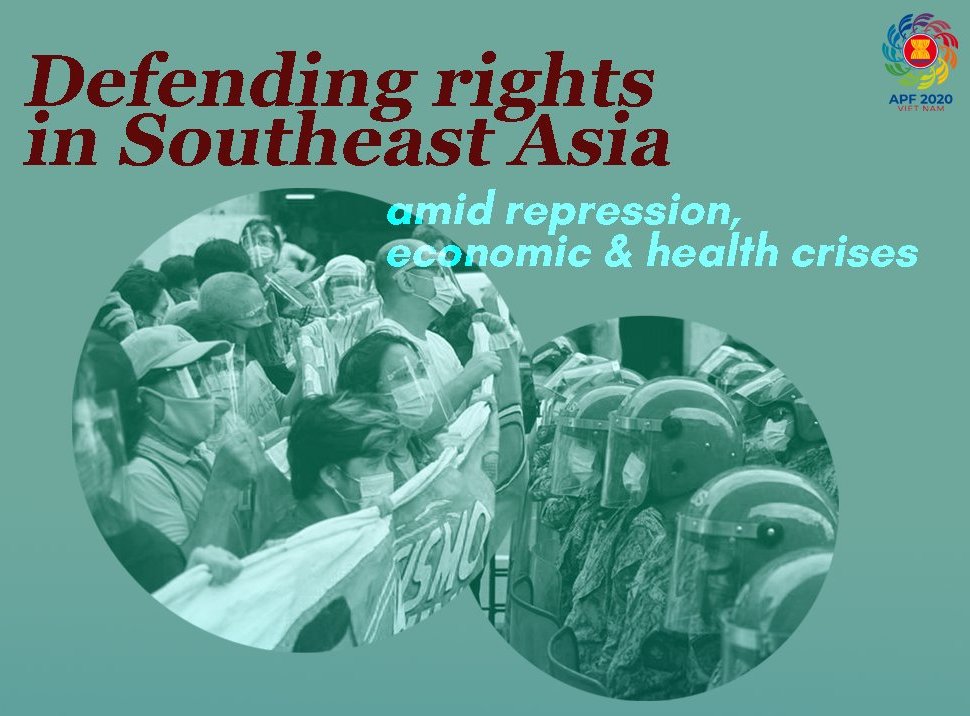News and Events
Myanmar Photos (above) from Ben Small and India Photos (below) from Google Escalating attacks on peoples’ rights and on democratic rule have been sweeping Asia Pacific the past few weeks. From the months-long farmer protests in India to the military coup in Myanmar, the region saw the masses’ prowess to take ownership of the streets and assert a just and people-centered development. The Reality of Aid Network – Asia Pacific (RoA-AP) extends its
The Reality of Aid Network – Asia Pacific (RoA-AP) welcomes 2021 with conviction and vigor, ready to power through the multiple and intensifying crises we are facing with stronger and louder assertions. Early this year, we learned of a new variant of COVID-19, which led many national governments to review their cross-border restrictions and community quarantine policies. Other countries enforced lockdowns (again) following an increase in cases that overwhelmed hospitals and as precautionary measure
Together with its CSO members, the Reality of Aid – Asia Pacific (RoA-AP) has officially launched its CSO Aid Observatorio, a CSO-driven database of development projects funded by bilateral Official Development Assistance (ODA) or funded through International Finance Institutions (IFIs). The CSO Aid Observatorio’s creation arose out of the censure targeted towards IFIs, including the International Monetary Fund-World Bank (IMF-WB), Asian Development Bank (ADB), and Asian Infrastructure Investment Bank (AIIB). Much of this pressure from
The Pilot Workshop for the “Advancing Human Rights and Development Effectiveness: CSO Aid Observatorio Training Handbook 2020” was held virtually last 16-25 November. Reality of Aid – Asia Pacific (RoA-AP) and CSO Partnership for Development Effectiveness – Asia (CPDE Asia) hosted the workshop. Members CSOs across 21 countries from all over the region attended the training. The workshop, which aims to deepen CSOs’ understanding of development cooperation, was divided into five days. Each day featured
The Reality of Aid-Asia Pacific (RoA-AP), together with the CSO Partnership for Development Effectiveness (CPDE), created a training course to strengthen CSO capacities to monitor aid and promote CSO partnerships towards evidenced-based policy in the region. The CSO Aid Observatorio Training Handbook 2020: Advancing Human Rights and Development Effectiveness is composed of four modules: Aid and Development Cooperation Concepts and Principles People’s Research and Development Cooperation Data Sourcing and Management Dissemination and Popularization Through the
On Economic Repression and Militarism Delivered by Sarah Torres, Coordinator of Reality of Aid – Asia Pacific The repression and crises we face today do not exist in a vacuum. These are largely the result of economic maneuvers of the powers that be, which means that whoever controls the economy also controls the politics and the culture of a society. Now, economic control is largely focused on transnational corporations. Even authoritarian governments are at the
SITEMAP
Research and Publications
RoA Reports
CONTACT
Global Secretariat
3F 114 Timog Avenue
Quezon City, Philippines 1103
+63 2 8927 7060 to 62 loc 201, +63 02 7007 0249
secretariat@realityofaid.org
KEEP IN TOUCH
STAY UPDATED

